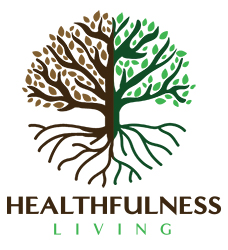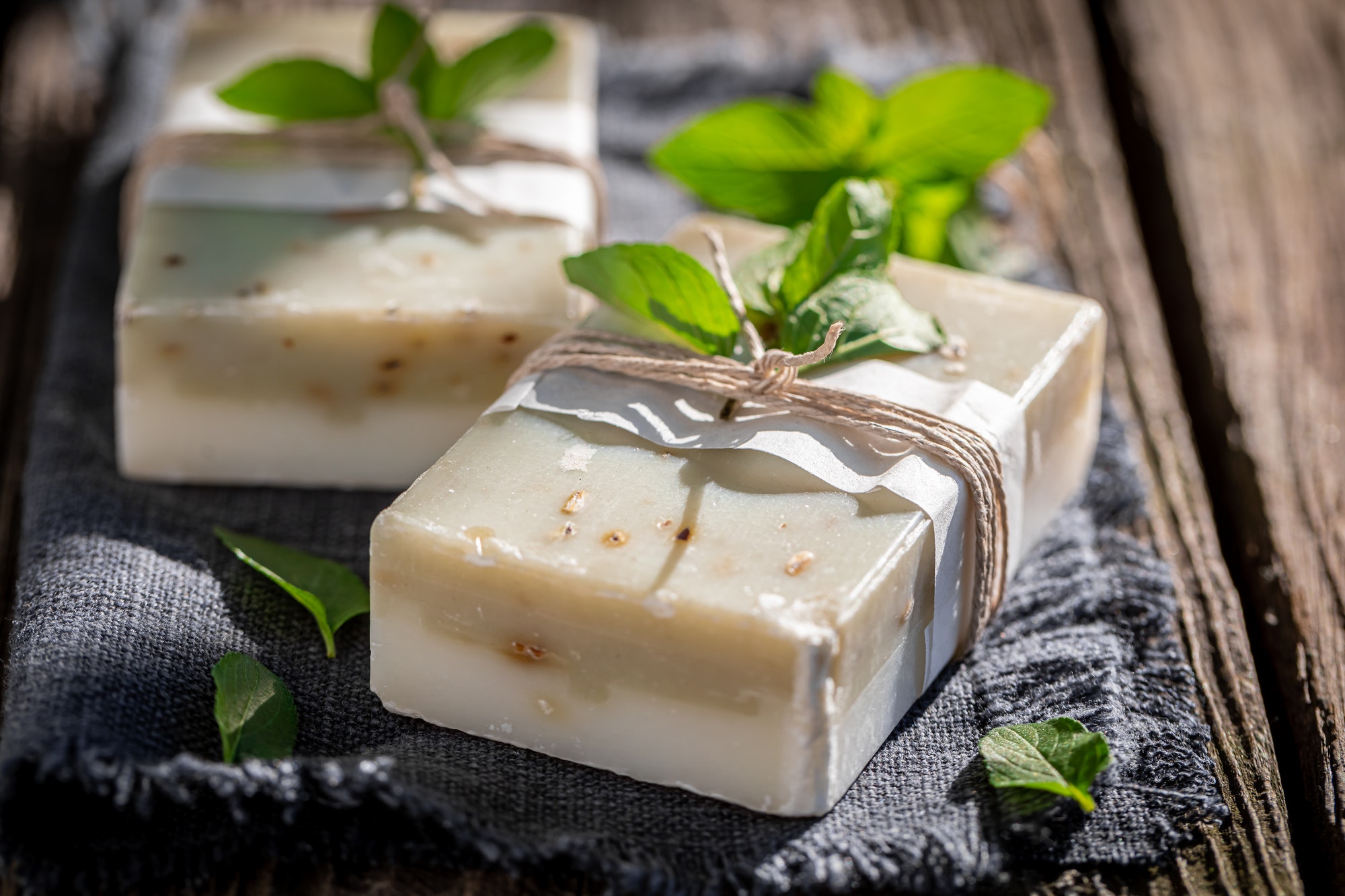Currently, there’s been a trend towards natural products. For one, these are healthy and will not cause any harm to your body, and two, they are made of simple and locally available products, which make them ideal for everyday use.
Previously, getting nutrients into our bodies was through eating healthy foods and drinking plenty of water, but you can now receive the right nutrients through your skin.
The skin is the largest organ in the body, and it’s important to ensure that you interact with products that provide benefits to it and allow it absorb these rejuvenating nutrients as opposed to harmful toxins.
Organic soaps are a great way to ensure that you are not only absorbing substances that are good for you, but that your skin itself remains healthy and strong.
What Are Organic Soaps?
Organic soaps, unlike regular soaps, are products created from ingredients that occur in nature or procured from organisms. They are therefore natural and organic (as the name suggests).
Organic soaps are usually more expensive than regular soaps but their benefits more than make up for the asking price. These are:
Health
Natural products such as shea butter and coconut oils which are used in the making of organic soaps are good and nourishing for your skin and body. Regular soaps tend to contain chemicals that pose potential harm such as: Triclosan, sulfates and parabens
Parabens, for example, are ingredients that mimic the hormone estrogen. When absorbed into the skin, they represent the amount of estrogen that is in the body and disrupt the hormone production.
Organic soaps do not contain chemicals like this and are better for your long-term health.
Moisture
Organic soaps contain Glycerol, which is a natural compound that draws in water and alcohol. Heralded as one of the best agents of moisturization for the skin, it also has the benefit of making your skin more resistant to irritants and is soothing for sensitive skin.
For longer shelf-life, glycerol is usually extracted from regular soaps and used in other products like creams. The presence of glycerol also accounts for the added cost of organic soaps.
Variety
Organic soaps are usually made in smaller-scale, local production. As such, it is relatively easier to change them up in terms of texture, color, size and scent. They offer consumers a wide range of choices to choose from as a result.
Mass-produced soaps on the other hand are harder to reformulate due to the cost it would require from updating machinery. These are also made for a majority audience and will more readily cater to what is popular as opposed to being person-specific.
No Preservatives
Like many things that occur in nature, organic soaps have a relatively short shelf life. This is because they do not have preservatives in their ingredients to help them last longer.
Commonly used preservatives such as formaldehyde are known to be carcinogenic- they increase the risk of cancer.
Antioxidant Rich
Organic soaps have a healthy supply of antioxidants which are substances that help with skin repair. It has a rejuvenating effect on the skin and aids the skin to age better.
External Benefits
Organic soaps are not only good for you, they also provide benefits around you. They provide environmental benefits as they do not contain toxic wastes that cause harm in nature. They also break down quite easily and are biodegradable.
Purchase of them also supports the local economy and small-scale producers.



